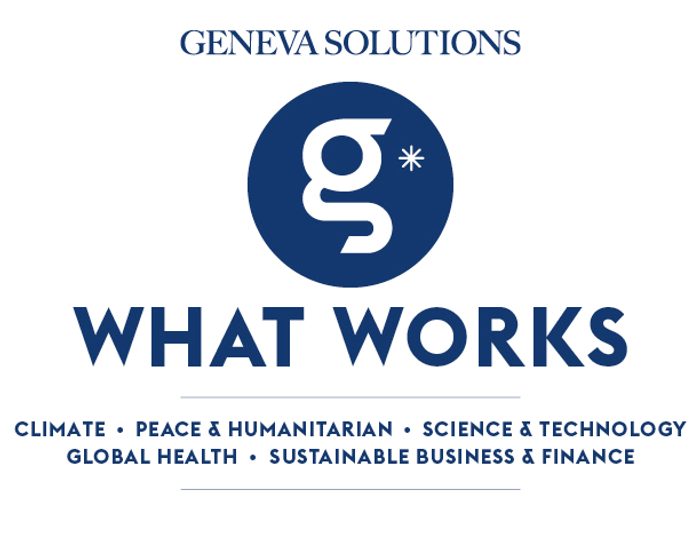|
A nature-based solution that could help reduce the rising global burden of disease from dengue fever is looming on the research horizon. But more studies are needed before the World Health Organization (WHO) could recommend a broad scale-up of the approach, WHO’s chief scientist Soumya Swaminathan said on Wednesday. She summed up her conclusions on the research to date into Wolbachia bacteria as a dengue control tool at a panel event hosted by the Geneva Science and Diplomacy Anticipation 2022 Summit, taking place this week from Wednesday to Friday.
The experimental technology involves the injection of Wolbachia bacteria into female Aedes mosquitoes. Within the mosquito, the bacteria competes with dengue virus, Zika and other dangerous mosquito-borne diseases, curbing the mosquito’s potential to transmit those viruses to human beings.
Read the full story on Geneva Solutions (EN)
|








